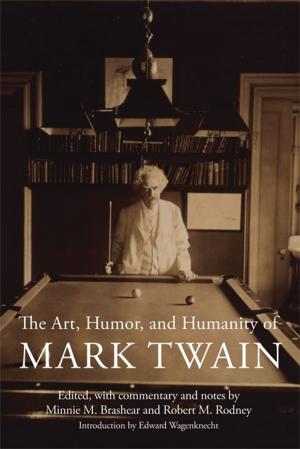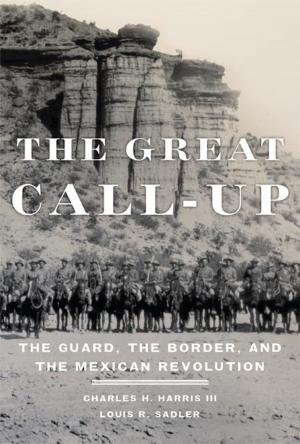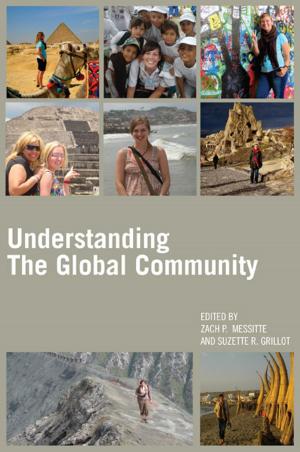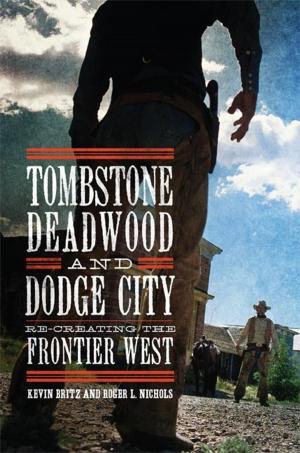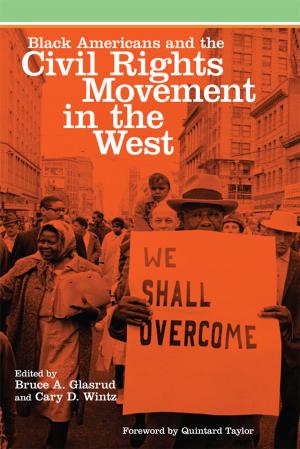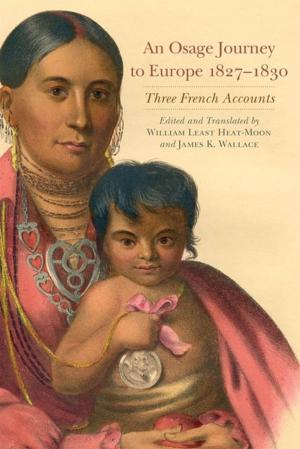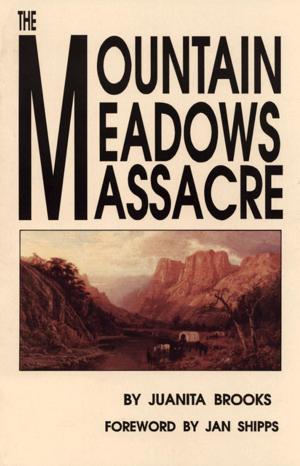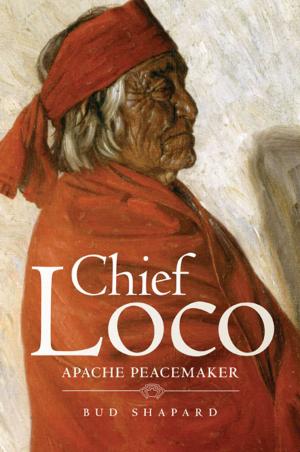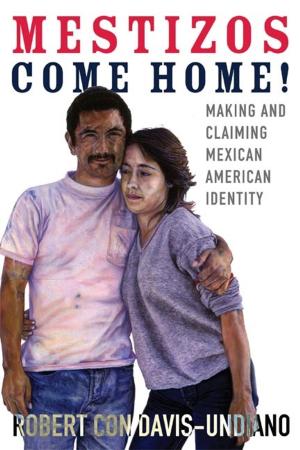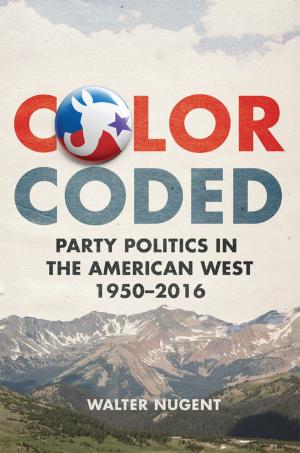The Good Times Are All Gone Now
Life, Death, and Rebirth in an Idaho Mining Town
Nonfiction, Travel, United States, West, History, Americas, Biography & Memoir| Author: | Julie Whitesel Weston | ISBN: | 9780806185071 |
| Publisher: | University of Oklahoma Press | Publication: | April 3, 2012 |
| Imprint: | University of Oklahoma Press | Language: | English |
| Author: | Julie Whitesel Weston |
| ISBN: | 9780806185071 |
| Publisher: | University of Oklahoma Press |
| Publication: | April 3, 2012 |
| Imprint: | University of Oklahoma Press |
| Language: | English |
Julie Whitesel Weston left her hometown of Kellogg, Idaho, but eventually it pulled her back. Only when she returned to this mining community in the Idaho Panhandle did she begin to see the paradoxes of the place where she grew up. Her book combines oral history, journalistic investigation, and personal reminiscence to take a fond but hard look at life in Kellogg during “the good times.”
Kellogg in the late 1940s and fifties was a typical American small town complete with high school football and basketball teams, marching band, and anti-Communist clubs; yet its bars, gambling dens, and brothels were entrenched holdovers from a rowdier frontier past. The Bunker Hill Mining Company, the largest employer, paid miners good wages for difficult, dangerous work, while the quest for lead, silver, and zinc denuded the mountainsides and laced the soil and water with contaminants.
Weston researched the late-nineteenth-century founding of Kellogg and her family’s five generations in Idaho. She interviewed friends she grew up with, their parents, and her own parents’ friends—miners mostly, but also businesspeople, housewives, and professionals. Much of this memoir of place set during the Cold War and post-McCarthyism is told through their voices. But Weston also considers how certain people made a difference in her life, especially her band director, her ski coach, and an attorney she worked for during a major strike. She also explores her charged relationship with her father, a hardworking doctor revered in the community for his dedication but feared at home for his drinking and rages.
The Good Times Are All Gone Now begins the day the smokestacks came down, and it reaches far back into collective and personal memory to understand a way of life now gone. The company town Weston knew is a different place, where “Uncle Bunker” is a Superfund site, and where the townspeople, as in previous hard times, have endured to reinvent Kellogg—not once, but twice.
** **
Julie Whitesel Weston left her hometown of Kellogg, Idaho, but eventually it pulled her back. Only when she returned to this mining community in the Idaho Panhandle did she begin to see the paradoxes of the place where she grew up. Her book combines oral history, journalistic investigation, and personal reminiscence to take a fond but hard look at life in Kellogg during “the good times.”
Kellogg in the late 1940s and fifties was a typical American small town complete with high school football and basketball teams, marching band, and anti-Communist clubs; yet its bars, gambling dens, and brothels were entrenched holdovers from a rowdier frontier past. The Bunker Hill Mining Company, the largest employer, paid miners good wages for difficult, dangerous work, while the quest for lead, silver, and zinc denuded the mountainsides and laced the soil and water with contaminants.
Weston researched the late-nineteenth-century founding of Kellogg and her family’s five generations in Idaho. She interviewed friends she grew up with, their parents, and her own parents’ friends—miners mostly, but also businesspeople, housewives, and professionals. Much of this memoir of place set during the Cold War and post-McCarthyism is told through their voices. But Weston also considers how certain people made a difference in her life, especially her band director, her ski coach, and an attorney she worked for during a major strike. She also explores her charged relationship with her father, a hardworking doctor revered in the community for his dedication but feared at home for his drinking and rages.
The Good Times Are All Gone Now begins the day the smokestacks came down, and it reaches far back into collective and personal memory to understand a way of life now gone. The company town Weston knew is a different place, where “Uncle Bunker” is a Superfund site, and where the townspeople, as in previous hard times, have endured to reinvent Kellogg—not once, but twice.
** **

